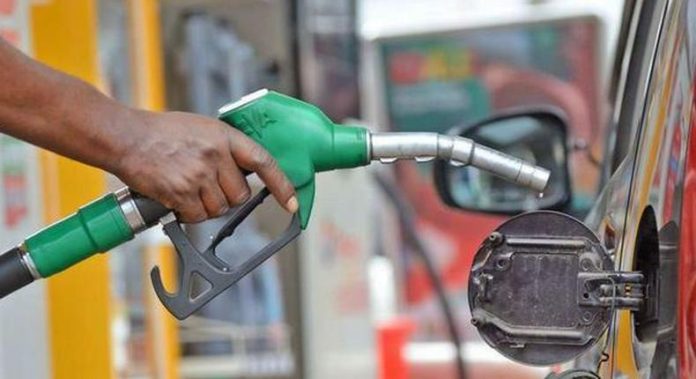Gasoline prices in Nigeria reached a historic high of 617 Naira ($0.7802) per liter, following the elimination of the fuel subsidy by President Tinubu in May.
Rising global oil prices and the devaluation of the naira against the dollar contributed to the surge in fuel costs.
The Nigerian National Petroleum Co. Ltd. (NNPC) faces competition as 56 private companies secure licenses to import gasoline, ending NNPC’s import monopoly.
Tuesday saw the highest-ever price for gasoline in Nigeria at 617 Naira ($0.7802) a liter as fuel costs increased for the second consecutive month following President Tinubu’s elimination of a popular but expensive fuel subsidy in May.
The immediate cause could not be determined, although it may be related to recent predictions by oil marketers that the price of gasoline will soon reach N700 per liter.
According to a circular obtained by the American news agency, Reuters, prices were revised nationally from 557 Naira per liter across gasoline outlets run by the state-owned Nigerian National Petroleum Co. Ltd. (NNPC).
The Major Oil Marketers Association of Nigeria’s (MOMAN) chairman, Clement Isong, said that the rise in pricing was brought on by both growing global oil prices and the naira’s value relative to the dollar, adding that “there has to be cost recovery” for merchants.
The NNPC is one of the six main petroleum merchants in Nigeria, and MOMAN makes up around one-third of the industry.
The subsidy, which had kept prices low for decades but had grown increasingly expensive, costing the government $10 billion last year, was eliminated by Tinubu, who is launching Nigeria’s greatest reforms in decades to address concerns such as its heavy debt burden.
56 private companies have received licenses to import gasoline since the subsidy was eliminated, and 10 of them are scheduled to begin supplying in the third quarter, eliminating NNPC’s import monopoly. NNPC has been the only party using crude swap contracts to import gasoline.
“Out of these 10, three of them have already landed cargoes … and others are also indicating interest to import in August and September,” Farouk Ahmed, head of the Nigerian Midstream and Downstream Petroleum Regulatory Authority (NMDPRA), said in a statement.













